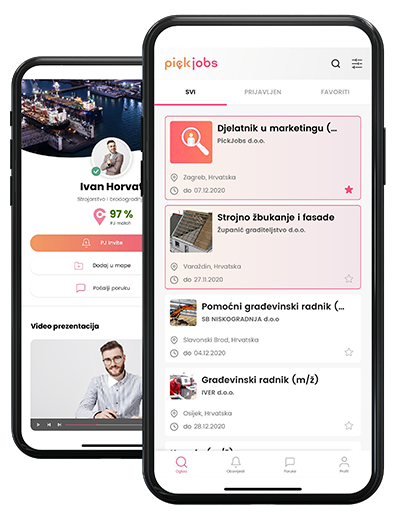- Impact on Physical and Mental Health
Workload, responsibilities, and deadlines can have a significant impact on our health. Prolonged stress can cause:
- Physical issues such as headaches, back pain, and digestive problems
- Mental exhaustion, anxiety, and depression
- Sleep difficulties and overall poor quality of rest
To maintain good health, it is beneficial to adopt healthy habits such as regular exercise, a balanced diet, and sufficient rest. Additionally, recognizing the signs of “burnout” and taking timely measures to reduce stress is essential.
- Work-Life Balance
Balancing personal and professional life is a common challenge for everyone. Long working hours can negatively affect family relationships and social life. Some of the problems that arise include:
- Lack of time for family and friends
- Communication difficulties with a partner due to exhaustion
- Loss of interest in hobbies and activities that bring joy
To ensure a healthy balance, it is crucial to set boundaries between work and personal life, dedicate time for oneself and loved ones, and learn how to disconnect from work obligations after hours.
- Financial Stability and Quality of Life
Work is a key source of income and financial security, and our financial status directly impacts:
- Opportunities for investment in education, travel, and hobbies
- Housing quality and overall standard of living
- A sense of security and long-term stability
However, a high-paying job that comes with excessive workload and stress can negatively impact overall life satisfaction. It is important to find a balance between financial goals and personal well-being.
- Personal Growth and Job Satisfaction
Work fulfills us when we feel motivated and when it allows us to grow. Aspects that contribute to job satisfaction include:
- Opportunities for learning and career advancement
- Working in a positive and supportive environment
- A sense of purpose and contribution to society
On the other hand, a monotonous job without challenges can lead to dissatisfaction and loss of motivation. Therefore, it is important to seek opportunities for development and continuously invest in personal skills.
- Leisure Time and Lifestyle
The way we work shapes our free time. Working hours and flexibility influence:
- The ability to engage in sports and recreation
- Participation in social activities and hobbies
- Time spent with family and friends
If work dominates our schedule too much, it can lead to exhaustion and dissatisfaction. It is important to recognize the need for balance and ensure time for activities that bring fulfillment.
Work has a significant impact on our daily lives – from health and relationships to financial stability and personal satisfaction. While work is an important part of our identity, it is equally important to find balance to maintain a good quality of life. Clearly defining boundaries, learning how to manage stress, and seeking opportunities for personal and professional growth are ways to ensure that work serves as a tool for achieving goals rather than a barrier to a happy and fulfilling life.

 Croatia
Croatia Bosnia and Herzegovina
Bosnia and Herzegovina Serbia
Serbia Crna Gora
Crna Gora North Macedonia
North Macedonia Ukraine
Ukraine Albania
Albania Kosovo
Kosovo Austria
Austria Deutschland
Deutschland Switzerland
Switzerland









